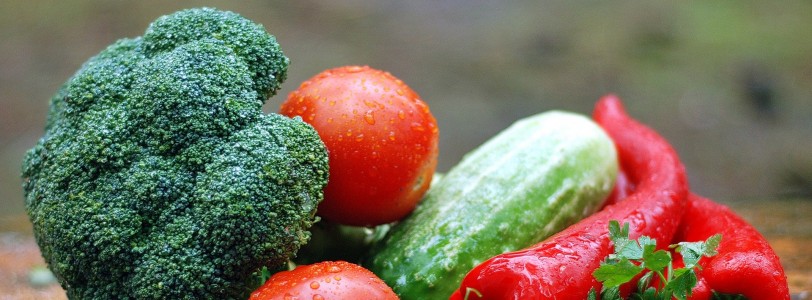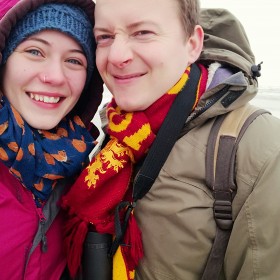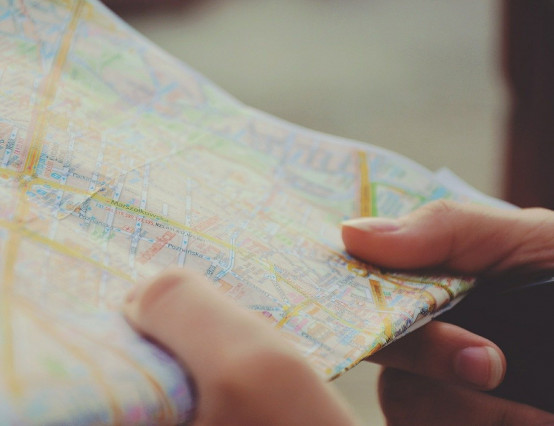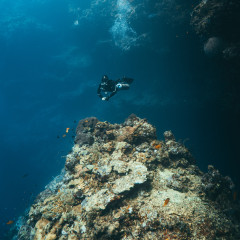Evil super-villains aside, most people don't really want to destroy the world. But being human is a tricky thing, and it's hard to do without having some adverse effect on the planet.
The food we eat, the way we get to work, the clothes we wear, the search engines, banks and services we use all feed into what impact we have.
Take vegetables, for example.
Do you choose organic? Local? Plastic-free? Usually, you have to pick one or none. You could choose the onions which haven't been sprayed with insecticides, but are wrapped in a plastic bag that will exist for the next 1000 years. What's the net good there?
The fact is, it's baffling when you start thinking about it all. The temptation is to think 'Who cares? Whatever I do will be bad!' It's not an unfair conclusion, particularly if you're feeding a big family on a tiny budget.
The culture of shame around these things doesn't help. People are derided for not making enough effort to be 'green', and conversely those that try the hardest are seen as hippy extremists. There is not enough incentive out there for simply doing something.
It's okay to not know which option is best. Honestly, it just depends what you want to care about most. Climate change got you down? Support local businesses. Worried about dodgy chemicals? Go organic.
Even if your only change is to buy British produce where you can, at least you're thinking about where it came from. That single hesitation cuts your impact compared to the average shopper.
If you find something with lower impact later that's cheap enough to work for you, then great! In the meantime, whatever little changes you make count.
Here are just a few ways you can go green:
Change your search engine. Ecosia is a search engine which uses funds gained for tree-planting schemes across the world. They even have a little counter so you can see how many searches you've made.
Shop local. It looks posh, but with the right veg-box its prices aren't far off the cheapest supermarkets out there.
Change your bank. Who you invest your money with counts, and there are banks out there which don't support the extraction of fossil fuels, among other ethical goals. Triodos is a good example.
Mix up how you get to work. We can't all buy electric cars, but we can try looking at different public transport options, or biking in when it suits us.
Reduce your meat intake. If you only eat conservation grazed beef or squirrel that you've strangled yourself, then you can skip this level. Otherwise, I'm not suggesting veganism or vegetarianism, I'm just suggesting you don't have bacon for breakfast, sausage roll for lunch and chicken for dinner. Cutting your meat to say, one meal a day or one a week can see huge reductions in your carbon impact, and lets you buy choicer, local cuts when you do decide to eat it.
You don't have to be a purist. Just think about it!









0 Comments